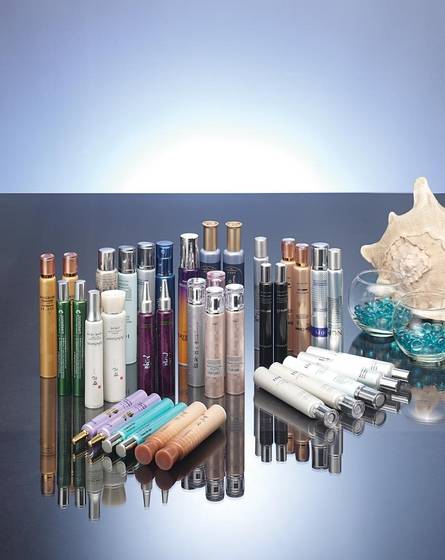
For further expansion, we are currently looking for cooperation partners, donations and sponsorship. The educational space is currently available in German, but translation into other languages is planned. These take up individual contents of the education room and lab in a didactic way. Learning units for use in secondary schools are being developed with Team. The experiments are based, among other things, on the Water 3.0 innovations for the detection and removal of microplastics from water and its subsequent recycling. This is also digitally-real and establishes the reference to current research and development work for water without microplastics. The Lab will be equipped with experiments. The educational space was made possible by a grant from the German Postcode Lottery, other smaller and larger donations, and the dedicated efforts of the Wasser 3.0 team and cooperation partners.Īdditional content and action options are now gradually being integrated. We are working flat out on fundraising for its realization,” says Katrin Schuhen, describing her goal. “The foundation for our educational work has been laid with the live launch of our digital-real educational space. Political, social and economic dimensions are also incorporated. The chemical, physical and technological aspects are presented in a scientifically sound manner. Graphics, animations, videos and texts convey knowledge about microplastics. One’s own interests guide the way through the offered content. One can move freely in the virtual educational space.

comagine was responsible for the 3D visualization and programming. Wasser 3.0 is responsible for the conceptual and content-related design. The educational space is based on a networked and cross-thematic educational concept. Imparting knowledge: networked and visualized The challenge that Water 3.0 has now taken on is to illuminate the topics individually, establish connections and initiate sustainable action. It requires insights into the production of polymers and plastic products as well as the disposal routes of plastic waste. “With our educational work, we want to close knowledge gaps about microplastics so that we as a society can take more effective action against the pollution of our water,” Schuhen continues. And when it comes to microplastics, that’s not so easy. When we found this out, it was clear that there could only be this name for our educational work for water without microplastics.” Wasomi means scholar in the African language Kiswahili. “WASoMI” is the abbreviation for WASser without MIcroplastics. Education as a lever for sustainable action And about how we can prevent it in the future. The overriding question is how our many useful everyday helpers made of plastics became a global environmental problem – microplastics. It provides facts, background information and context on the topics of polymers, plastics, plastic and microplastics.

#Ipack naming of polymers free
It is open to everyone, free to use and without advertising. The digital-real educational space for water without microplastics has now been launched under the name WASoMI.


 0 kommentar(er)
0 kommentar(er)
